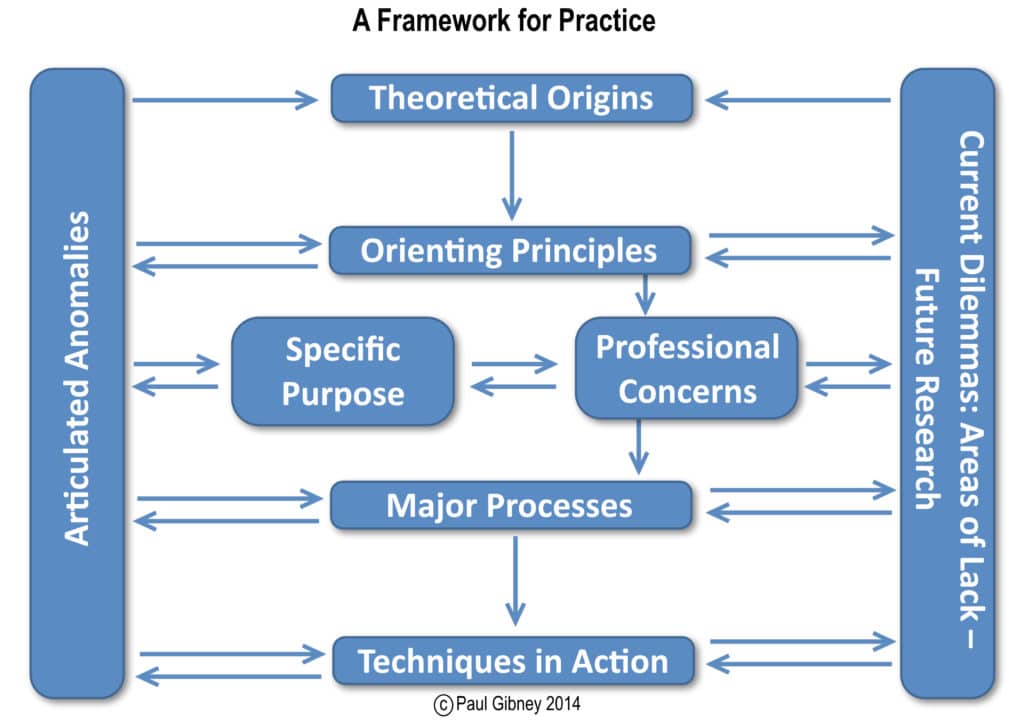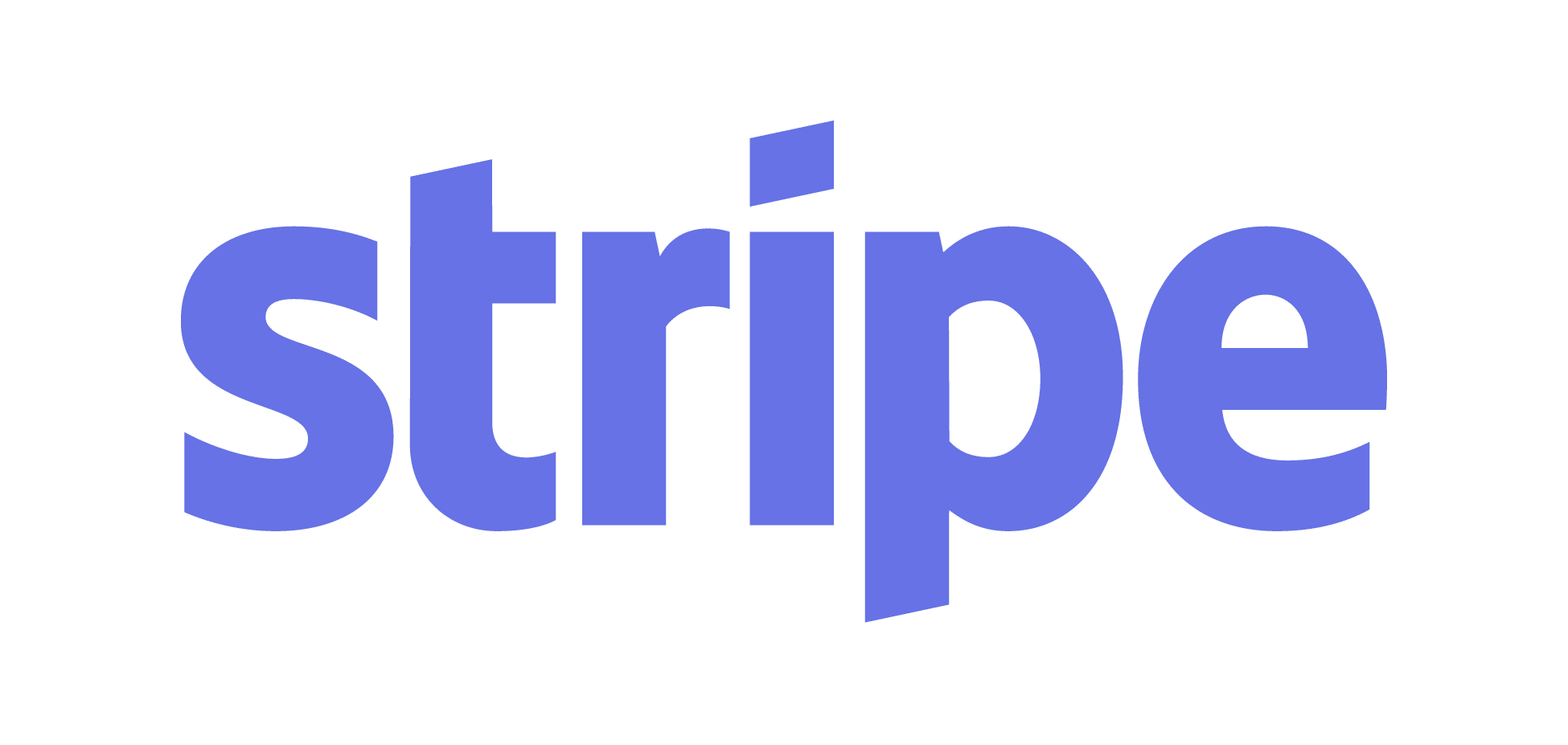
As a professional person, it is often hard to judge how effective you are or have been in your practice. We all typically do our best and look to our clients and our colleagues to provide us with feedback as to the efficacy of our efforts. Those of us who publish in journals and/or who deliver presentations, addresses and training as well also have that dilemma in terms of “how did that land?” and “did other practitioners find that useful?”. The feedback in those arenas is often less immediate and quite obscure.
Recently, I have had the humbling experience of a number of practitioners telling me of the value that they have experienced from an article of mine and various workshops that I have presented on “Developing and Articulating Your Own Framework for Practice”. I have presented a workshop about that subject for the Department of Child Safety in Queensland throughout the state and multiple times since 2014. My article describing the process appeared in the journal Psychotherapy in Australia (Vol 21, no 1, Nov 2014, pp 50-59).
A senior practitioner from a large NGO recently said to me in supervision, “I was interviewing candidates for an advanced position, and I was alarmed that none of them could describe their ‘articulated anomalies’”. I was a tad surprised and asked where she knew that concept from (as I was sure that she had never attended one of my Framework workshops). She answered, “From your Framework for Practice”. I asked what her familiarity with that Framework was, and she said a previous supervisor many years ago had done the training and introduced her to it. “From there”, she said, “I looked up the article, read it, did my Framework and have been helping supervisees to do their own personal Framework using that template ever since then”.
In a recent Framework workshop that I was conducting for ‘the Department’, I, as always, asked for a volunteer to come up and have me interview them while I write their Framework on the board in front of the other participants. I anticipated the usual anxious hesitancy in the group, but it did not happen. A young practitioner volunteered promptly and participated eagerly and thoughtfully. Her Framework was very impressive, as she was a very reflective practitioner. I later commented to her that she was quick at volunteering. She said that she was nervous, but her supervisor at work, a leader whom she respected, often referred to her Framework for Practice that she once did “at the board” with me and told her to definitely volunteer if she got the chance. The value of the process was reiterated to me as I learnt of important research (with which I was unfamiliar) that the young woman cited as part of her Theoretical Origins in her Framework.
A week or so later, in a group supervision that I regularly conduct for another agency, a social worker told me how much she relies now on the Framework that she did in a Department workshop with me some years ago. She said that she always discusses it with her Social Work students and helps them use the template and protocol to complete their Framework.
These are but three of ten experiences of that ilk that I have had in the last year. While it is both gratifying and humbling to find that practitioners have found my work useful, the credit certainly goes well beyond my contribution to this particular protocol and process. The late Professor Edna Chamberlain, a wonderful social worker and scholar, promoted the concept of a Framework for Practice at the University of Queensland for many years. I was very lucky to have been educated by her. She embraced Argyris and Schön’s work on professional effectiveness and Schön’s work on Reflective Practice and forged a tremendous intellectual legacy from which generations of practitioners have benefitted. It is an honour to be a part of that extraordinary tradition that continues to illuminate the professional path of committed workers.
Paul B. Gibney B.Soc.Wk., Ph.D.

If you would like to develop your Framework for Practice, this online workshop can guide you through the process. It includes videoes, two fully worked examples, and a template download.



